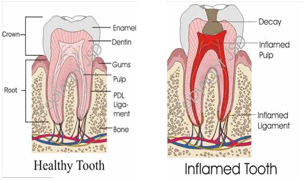Dental Emergencies
If you are not registered with a dentist in Bermuda, in the event of a dental emergency contact King Edward Memorial Hospital at the numbers below. They may direct you to the on-call dentist.
King Edward Memorial Hospital 236-2345 or 239-2009
If you are a patient of another office, please contact your regular general dentist.
If you are an active and registered patient with us at Smiles, please call 296-0990 and follow instructions given.
A weekend contact number will be available shortly.
King Edward Memorial Hospital 236-2345 or 239-2009
If you are a patient of another office, please contact your regular general dentist.
If you are an active and registered patient with us at Smiles, please call 296-0990 and follow instructions given.
A weekend contact number will be available shortly.

